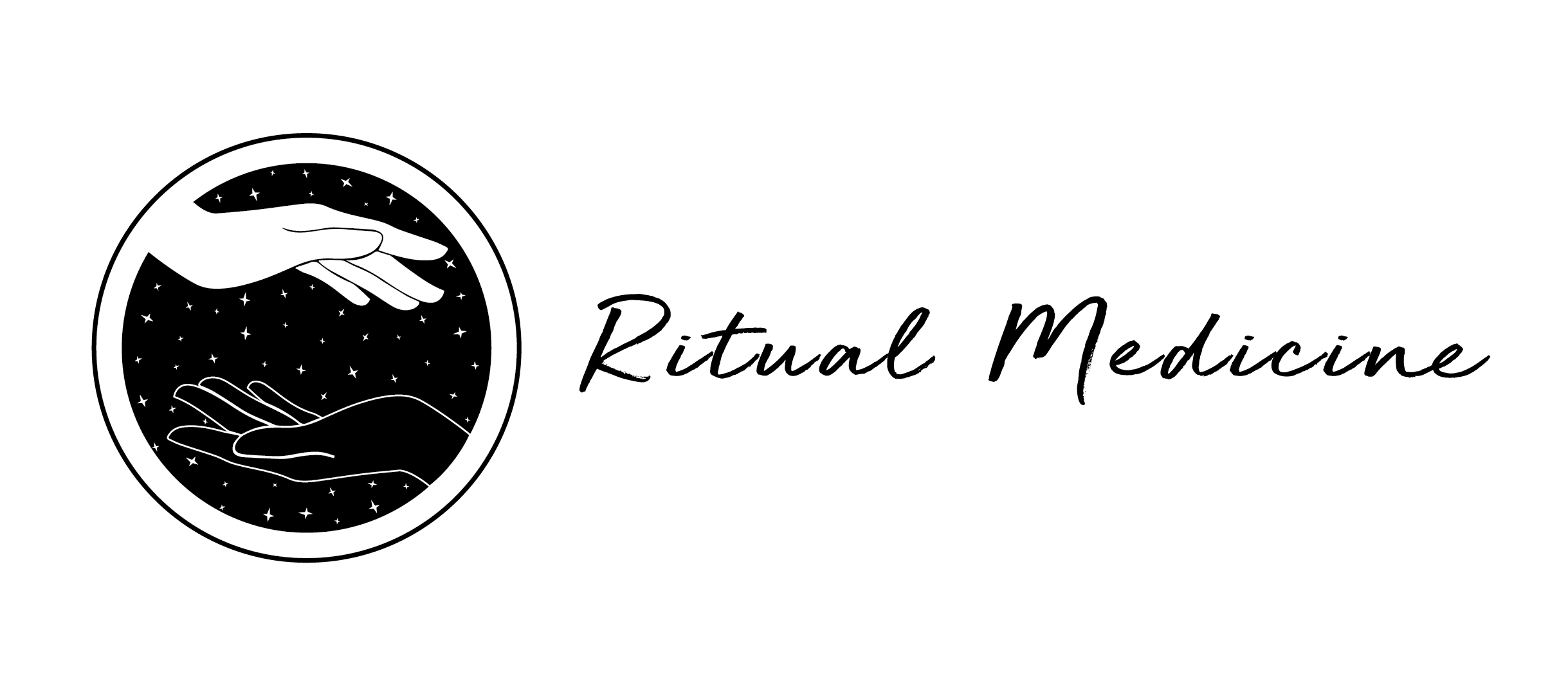You may know dandelion as the pesky little weed that shows up when you forget to mow your lawn.
It is unfortunate that we try to rid the world of these yellow flowers with harsh pesticides, as dandelions are actually very nutrient dense and the whole plant is edible and medicinally rich.
In Chinese medicine we use dandelion (pu gong yin) as a bitter and cold herb that connects with the liver and works great for intestinal abscesses (or any signs of internal heat) or if there is urinary difficulty (it is a diuretic). Because of these traits, and the fact that this herb connects with the liver, means that it is often used for detox. You may have heard that the liver stores toxins and should be flushed out.
Occasionally I am weary of this thought process; yes your liver is likely working hard and does filter through toxins, yet that also is part of its function, and your body is specifically designed to do this, on its own, and this “detox” craze can sometimes do more harm than good. Because of the specific functions of this herb it is good to be mindful of what is presenting in your body and if a cold and bitter herb is what you need in this moment.
For example if you have a weak digestive symptoms with signs of cold already (loose stools, undigested food in stools, rumbly/noisy tummy, flatulence with no odor) using dandelion (or extreme detox) may in fact aggravate your symptoms instead of make it better.
Dandelion tea works great as a mild liver tonic.
The liver plays a big role in metabolizing hormones and keeping the liver happy helps regulate hormone balance.
An interesting thing to note is that while the entire plant is edible, each part may contain slightly different properties and uses. The leaves, flower and root are all edible. If you decided to try your hand at wild crafting, it is important to source from an area you know has not been exposed to chemicals, as people will often spray dandelions trying to get rid of them.
“But like all good rebels, the dandelions are irrepressible” Guido Mase
The root is the classic “liver tonic” and blood purifier.
Its bitter compounds can help signal to the stomach that food is coming and helps stimulate the production of bile (helps break down fats). It is also high in inulin (a prebiotic) which helps nourish the digestive tract.
The leaf is a mild diuretic (makes you pee), which can help with fluid retention and edema, it is a good source of potassium, magnesium, iron, calcium and trace minerals.
The French often refer to dandelion as pissenlit (literal translation “pee in the bed”), which is a testimonial to its diuretic nature.
The flowers are often made into dandelion wine and contain a milky latex quality that has been used as a remedy for warts.
Fun fact: dandelions leaves make great pesto! Use them in place of basil for a slightly more bitter flavor that is softened by the nutty and lemon flavors.
Have you used dandelion before? Let me know how you like to use it!
